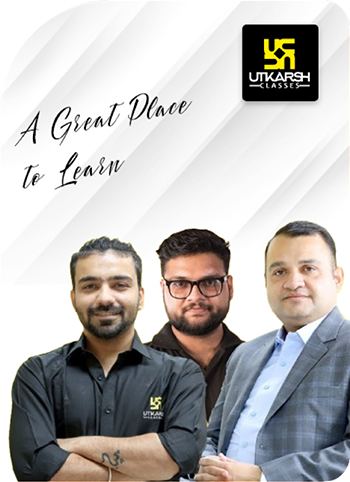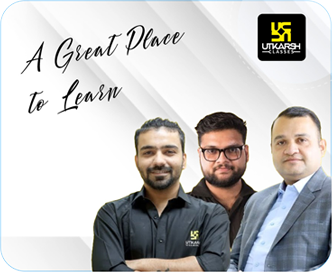Amit Shah Chairs 25th Central Zonal Council Meeting in Varanasi, UP
 Summit and Conference
5 min read
Summit and Conference
5 min read
The 25th Central Zonal Council meeting was held at Varanasi, Uttar Pradesh, on 24 June 2025. It was chaired by Amit Shah, Union Home Minister and Minister of Cooperation.The last, 24th Central Zonal Council meeting was held at Narendra Nagar, Nagpur, Maharashtra on 7th October 2023.
The first meeting of the Central Zonal Council was held in Lucknow, Uttar Pradesh, on 1 May 1957.
The meeting discussed 19 issues of national and regional importance. The Central Zone is the only regional council in the country where there is no dispute amongst the member states.
Participants of the Meeting
The Central Zonal Council comprises Uttar Pradesh, Chhattisgarh, Madhya Pradesh and Uttarakhand.
Thus, the Varanasi meeting was attended by Yogi Adityanath, the Chief Minister of Uttar Pradesh; Pushkar Singh Dhami, the Chief Minister of Uttarakhand; Vishnu Deo Sai, the Chief Minister of Chhattisgarh; and Dr. Mohan Yadav, the Chief Minister of Madhya Pradesh.
Union Home Secretary, Govind Mohan, Chief Secretaries of the member states, Secretary of the Inter-State Council Secretariat and other senior officials of the central and state governments.
Agenda of the Meeting
The meeting discusses 19 issues of regional and national importance.
It included:
- Implemenatiton of Fast Track Court to deal with rape case against women;
- Setting of bank branches within a designated radius of the village;
- Implementation of the Emergency Response Support System (ERSS-112) and other issues.
Zonal Councils In India
Pandit Jawahar Lala Nehru proposed Zonal Councils in 1956.
He envisioned it as a platform to resolve interstate problems and promote the spirit of cooperation.
The Zonal council was to strengthen national integration and hinder the development of acute State identity, regionalism, linguism and particularistic tendencies.
Five Zonal Councils were set up under the provisions of the State Reorganisation Act 1956, enacted by the Parliament.
A separate Zonal Council was set up for the Northeastern States under the North East Council Act 1971.
Chairman of Zonal Councils and North Eastern Councils - Union Home Minister.
Zonal Councils in India
- Northern Zonal Council (8)- Haryana, Punjab, Himachal Pradesh, Rajasthan and the Union Territory of Ladakh, Chandigarh, Delhi and Jammu and Kashmir.
- Central Zonal Council (4)- Uttar Pradesh, Chhattisgarh, Uttarakhand, and Madhya Pradesh;
- Eastern Zonal Council (5)- West Bengal, Sikkim, Orissa, Bihar and Jharkhand;
- Western Zonal Council (4)- Gujarat, Maharashtra, Goa and the Union Territories of Daman & Diu and Dadra & Nagar Haveli;
- Southern Zonal Council(5)- Andhra Pradesh, Karnataka, Tamil Nadu, Kerala, and the Union Territory of Puducherry.
Members of the North Eastern Council (8)
- Manipur, Assam, Meghalaya, Arunachal Pradesh, Mizoram, Sikkim, Nagaland and Tripura.
Function of Zonal Council
It is an advisory body whose recommendations are not binding on the government.
It discuss the following issues;
- Matter related to social planning and the economy;
- border disputes, interstate transport or linguistic minorities;
- matter connected with the reorganisation of the States under the States Reorganisation Act.












